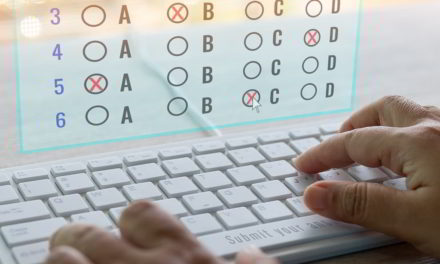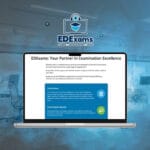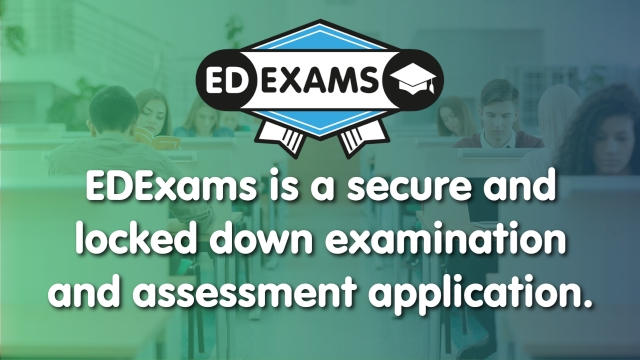So here’s the situation (that’s becoming all too common)…
A student who is known to be disruptive needs to take their exams. On the one hand, increasing voices are standing against isolation rooms. On the other, there seems a real possibility that one student could disrupt tens of others, during a vitally important exam.
What’s the best path to take?
Disruptive students
90% of schools report having dealt with extreme behaviour in the last year
While children expelled from schools has hit a record-breaking 35 a day
Let’s start with the worst-case scenario – what if a student does disrupt the exam hall? More to the point, what if their actions result in a case being made for other students being put at a disadvantage?
If some of the students have been adversely affected by the disruption, you should ask the awarding organisation about applying for special consideration.
Decisions about special consideration, when it is or is not appropriate, is for each awarding organisation to make. Their decisions might be different for different qualifications and for different subjects.
Clearly if a student’s disruption impacts other students, there could be very real consequences – leading to calls for reassessing marks, presenting not only a headache for the school, but concern for the affected pupils.
Then there’s the question as to what happens if a disruptive student has to be removed – this will most certainly further interrupt their own exam experience.
Reporting disruptions
On the scale of post-exam grade changes, it is usually the lowest band (a 1% change) into which an exam hall disruption would fit.
- 5% – This is the maximum allowance and will be reserved for the most exceptional cases
- 4% – Very serious problems
- 3% – A more common category
- 2% – The most common category of allowance – the majority of cases will fall within this category
- 1% – Reserved for more minor problems, including:
– noise during examination which is more than momentary;
– illness of another candidate which leads to disruption in the examination room;
– stress or anxiety for which medication has been prescribed;
– minor ailments;
– headache;
– minor upset arising from administrative problems, such as wrong time allocated
Read the Joint Council for Qualifications Guide Book
Any and all exam disruptions are required to be reported to the exam board responsible. While it is the invigilators who document what has happened, ultimately it is up to the board to decide whether there will be a post-exam adjustment.
Invigilators are responsible for conducting an exam, and given the extensive guidance from the Joint Council for Qualifications on exams, it could be argued that they’re also responsible for foreseeing reasonably predictable events – such as a known disruptive pupil interrupting the exam.
Creating a dedicated room for potentially disruptive pupils can therefore be a solution in everyone’s interests – for all pupils, teachers, the school and the disruptive pupil themselves.
The alternative is to simply hope that any previously problematic students will adhere to the exam room rules.











